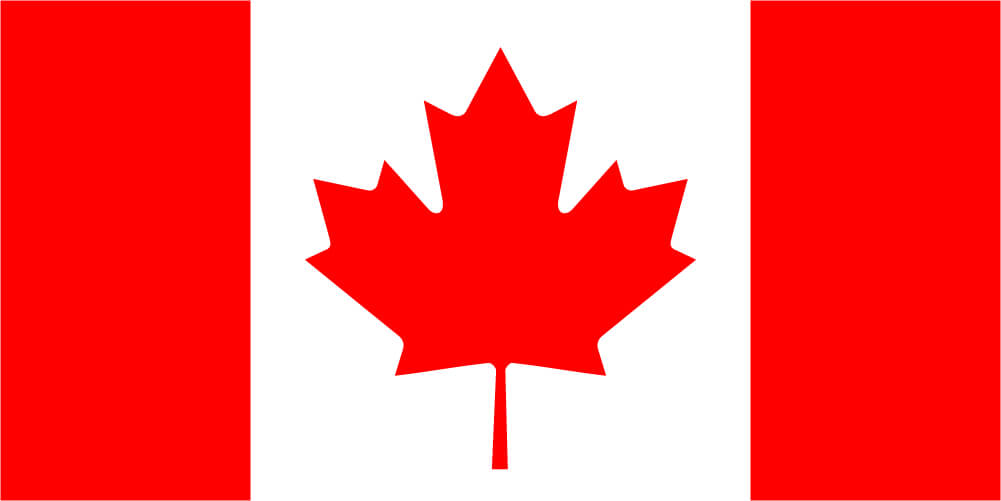On March 16, 2020, Canada announced that it would be closing its borders to international travelers, but for a few exceptions due to the COVID-19 pandemic. A few days later, Canada and the United States mutually agreed to temporarily restrict all nonessential travel across the U.S.-Canada land border. The travel restrictions are still currently in force at the date of publication of this article.
Further, on March 25, 2020, Canada imposed a mandatory 14-day quarantine period for all travellers entering the country. The mandatory quarantine order provides only for a limited number of exceptions, notably for individuals who cross the border regularly to go to their normal places of employment and for essential service workers.
In this context, as testing has become quicker and more accessible, the federal government of Canada, in partnership with the government of Alberta, has launched a program called the Alberta COVID-19 Border Testing Pilot Program.
Purpose of the Program
The program aims to reduce the length of mandatory quarantines for eligible travellers from 14 days to as little as 48 hours.
Under this program, eligible international travellers will get two COVID-19 tests and benefit from a shorter mandatory quarantine period.
However, eligible participants must either stay in Alberta for 14 days after entering Canada or depart Canada for an international destination before the 14 days expire.
This program cannot be used to circumvent other provinces’ quarantine restrictions. All participants must remain in Alberta for two weeks for monitoring if they plan to travel to other provinces.
How the Program Works
The Canada Border Services Agency will administer COVID-19 tests for eligible travellers. Travellers who have been administered tests will then remain in quarantine until the test results are known. Travellers will be notified via email within approximately 48 hours from the time of the test’s administration.
Travellers whose tests come back negative will:
- be free to exit quarantine, provided they follow Alberta’s public health measures and other preventative measures;
- have to take a second test on the sixth or seventh day after the first one; or
- have to take a second test if they plan to leave Canada prior to the sixth or seventh day following arrival (e.g., for travellers who return home on the fourth or fifth day).
Travellers whose tests come back positive will be ineligible for continued program participation and will have to remain in quarantine for the full 14 days.
Program Eligibility Requirements
Eligible Locations
At this time, the program is available only to travellers arriving directly at the following two locations:
- the Coutts land border crossing; or
- Calgary International Airport.
Eligible Travellers
Travellers must be entering Canada directly from an international destination. International travellers with connecting flights through another Canadian airport before landing in Calgary are therefore not eligible, nor are travellers arriving in Alberta on a domestic flight.
Finally, travellers who have symptoms, have been in contact in the last 14 days with persons who have tested positive for COVID-19, or who have unacceptable quarantine plans will be ineligible for participation in the program.
Further, in order to qualify, travellers must be either:
- returning Canadian citizens or permanent residents; or
- foreign nationals currently permitted entry into Canada, including notably:
- immediate family members of Canadian citizens, or of permanent residents who are staying in Canada for 15 days or more;
- extended family members of Canadian citizens, or of permanent residents who are staying in Canada for 15 days or more;
- persons who are authorized by the Public Health Agency of Canada to travel to Canada for compassionate reasons;
- persons currently travelling directly from the United States for nondiscretionary purposes; and
- persons exempt from the travel restrictions and travelling for nondiscretionary purposes.
As a reminder, foreign nationals are still restricted from entering Canada for optional or discretionary purposes. Foreign nationals must therefore be entering Canada for nondiscretionary (i.e.: essential) purposes, have family members in Canada, or have provincial or federal exemptions to be eligible for entry and potential program participation.
Program Enrollment
Travellers wishing to participate in the program must complete Alberta’s online registration form before arriving at customs. Upon arrival at either Calgary International Airport or the Coutts land border crossing, eligibility will be determined.
The Canada Border Services Agency will verify eligible travellers’ submitted online registration forms before administrating COVID-19 tests.
Implications for Employers
International employers doing business in Canada, and, in particular, Alberta employers, will benefit from this pilot program provided their employees are eligible and test negative for coronavirus.
Indeed, international employers that send employees to Alberta for nondiscretionary (essential) purposes are likely to see the amount of time that travelling employees spend in quarantine in Alberta shortened.
As for Alberta employers, their employees will be allowed to return to the province without being subjected to a full 14-day quarantine, provided they enroll in the program and comply with its requirements.
Ontario
Ontario Premier Doug Ford has expressed his desire for the Government of Canada to assist Ontario in implementing a similar pilot program. It remains to be seen whether this will occur.
Ogletree Deakins will continue to monitor and report on developments with respect to the COVID-19 pandemic and will post updates in the firm’s Coronavirus (COVID-19) Resource Center as additional information becomes available. Important information for employers is also available via the firm’s webinar programs and podcasts.
Ryan Martin is an associate in the Montréal office of Ogletree Deakins.
Caroline M. DeBruin is a 2020 graduate of Queen’s University, Faculty of Law, and an articling student in the Toronto office of Ogletree Deakins.






